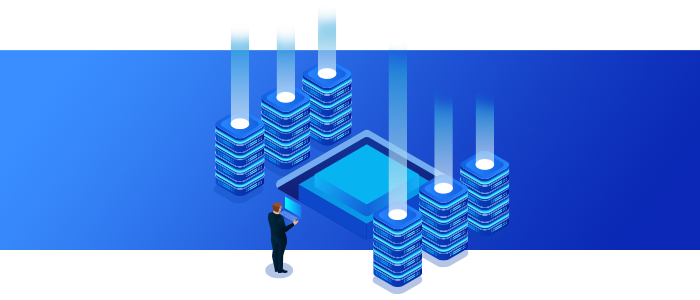
How the cloud is a solid survival tool for your business during a crisis
One thing the Coronavirus pandemic taught businesses is the fact that it is important to move with the times and adopt and adapt to the latest technology. While you don’t have to be the first one in the market to invest in the newest technology, once its effectiveness and usefulness is proven, it does make sense to switch to it. Here’s how the cloud allowed businesses to overcome the challenges posed by having to suddenly switch to the remote operations model.Challenge-1: Access to critical data and applications
This could have been easily resolved by migrating to the cloud. The cloud offers unparalleled connectivity to your data—from anywhere and at any time, with any internet-enabled device.
Challenge-2: Data safety, cybersecurity concerns
The cloud provides solutions to data safety and cybersecurity challenges as well, as data stored in the cloud is naturally much safer and difficult to break into than data stored on your employee’s home computer. The cloud offers multiple layers of security, including some from your cloud service provider.
Challenge-3: Data loss
With the cloud, businesses wouldn’t have to worry about losing data, as it wouldn’t be stored on their employee’s personal computer, but at a centralized location in the cloud.
Challenge-4: Hardware issues
The cloud rendered any hardware issues non-existent, as the employee’s personal devices were just gateways to access their work stored in the Cloud. They needed devices that met the basic specifications, and the rest of the work was happening online, without additional load on personal devices.
Challenge-5: Phones
Businesses that had adopted the VoIP (Voice Over Internet Protocol) were able to overcome this challenge easily. VoIP allows you to communicate by sending voice as data packets using the internet. The VoIP system is primarily software-based and can be accessed from anywhere, using an application that your VoIP provider offers. (Physical instruments are optional). This meant, companies with VoIP systems could keep their office phone numbers responsive even when their staff were working from home.
While these technologies can help a great deal to maintain business continuity, you will need the assistance of a reputable MSP to deploy them and also to ensure they are functioning as they are supposed to. Plus, there are always other security concerns that crop up in a remote working environment when you can’t monitor your staff’s IT activities. Your MSP will be able to offer solutions and control mechanisms that can help put those concerns to rest.

Comments
Post a Comment